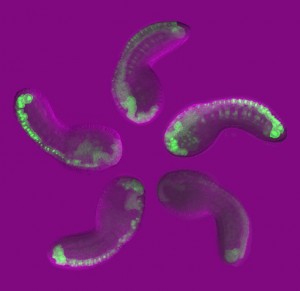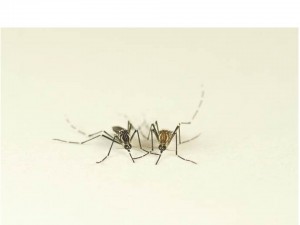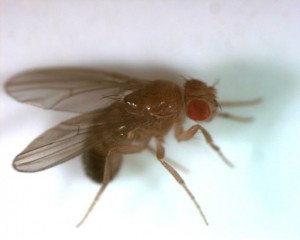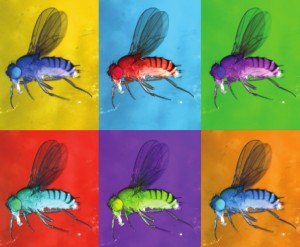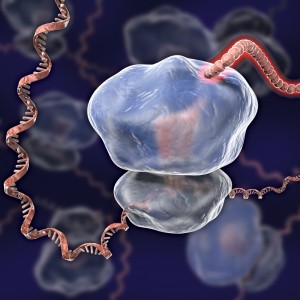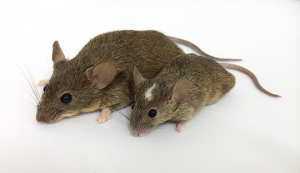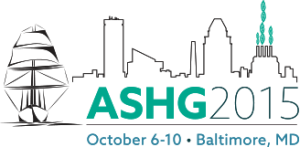Enter your address to receive notifications about new posts to your email.
Articles tagged Model Organisms
(74 results)
-
Make Me a Match: biomedical networking for rare disease gene discovery
A Canadian network focused on rare diseases is playing matchmaker between clinicians and model organism researchers. Over half of children with rare, inherited monogenic diseases lack a molecular diagnosis. There are an estimated 7,000 monogenic diseases possible, and only about half of those have been implicated in human disease. The Rare Diseases: Models & Mechanisms…
-
Working through the issues: Science, ethics and governance of gene drive research
The Committee on Gene Drive Research in Non-Human Organisms convened by National Academies of Sciences, Engineering, and Medicine held an information gathering meeting on October 28, 2015, to consider the Science, Ethics and Governance Considerations for Gene Drive Research. This meeting comes as a component of a large Gene Drive study, which is set to review the…
-
The mighty sea squirt
Today’s guest author is Emma Farley, a postdoctoral researcher in Mike Levine’s lab, which recently relocated to Princeton (formerly at University of California, Berkeley). Sea squirts (Ciona intestanalis) are a classic system for the study of development. They were a favorite of early developmental biologists like Laurent Chabry, Ed Conklin, and Thomas Hunt Morgan. Over…
-
Using evolution to link genes and behavior
Genes to Genomes asked Dr. Carolyn (Lindy) McBride (Princeton University), a recipient of the Rosalind Franklin Award for Young Investigators, to tell us about her research and what it means to receive the award. She was recognized for her Rosalind Franklin Award along with another recipient, Dr. Maria Barna, at the 2015 American Society of Human Genetics…
-
Agencies hold first public meeting on the GMO regulatory framework
The Biotechnology Science Coordinating Committee (BSCC), at the behest of the White House Office of Science and Technology Policy (OSTP), held the first of three public meetings to discuss an update to the coordinated framework which serves as the regulatory guidelines for genetically engineered organisms. This meeting provided an opportunity for representatives from the primary agencies involved…
-
The Fly as a Tool to Fight Neurodegenerative Disease
The effects of neurodegenerative diseases can be devastating for patients and their families. In 2007, the United Nations stated that 1 in 6 people in the world are affected by neurological disorders including diseases like Huntington’s, Alzheimer’s, and amyotrophic lateral sclerosis (ALS). With over 600 characterized neurological disorders yet very few treatments, it is imperative…
-
The Buzz about FlyBook: It’s Here!
GSA dedicates these inaugural chapters to Bill Gelbart, who is dearly missed, and who will live on in our memories and in our work. Bill was an early enthusiast of the FlyBook project, and without his and Thom Kaufman’s vision to partner with GENETICS, these articles would not have the valuable richness of links to…
-
Unlocking the Ribocode
Genes to Genomes asked Dr. Maria Barna (Stanford University), a recipient of the Rosalind Franklin Award for Young Investigators, to tell us about her research and what it means to receive the award. She will be recognized for her Rosalind Franklin Award along with the other 2016 recipient, Dr. Carolyn McBride, at the 2015 American Society…
-
Rodents of unusual size: Genetic complexity underlies evolution of body size in island mice
Genetic analysis of an island population of mice reveals that 19 quantitative trait loci are responsible for their impressive size. Island populations of animals, isolated from their mainland relatives, have given us insight into evolution from the very birth of the field. In fact, studying finches on the Galápagos Islands helped Charles Darwin establish…
-
GSA at #ASHG15
Members of the GSA staff and leadership will be participating in the annual meeting of our sister society, the American Society of Human Genetics (ASHG). If you’ll be attending ASHG 2015 in Baltimore, please look out for us, including at the following events: Exhibit Hall GSA will be at Booth 2008 in the exhibit…
-
Authentic ethics in synthetic biology
While the science behind the synthetic yeast genome project is cutting edge, the ethical questions surrounding it aren’t new. The scientists of the Sc2.0 project have a goal that sounds akin to science fiction – they’re working toward building a completely synthetic yeast genome. This new strain of Saccharomyces cerevisiae, affectionately named Sc2.0, will be…


